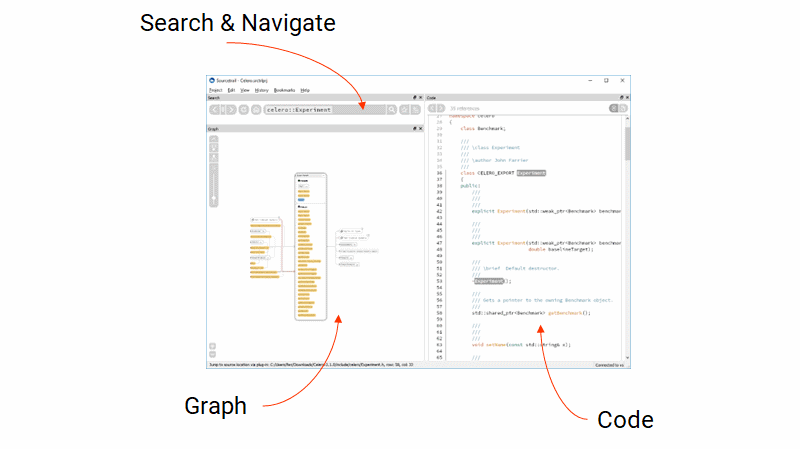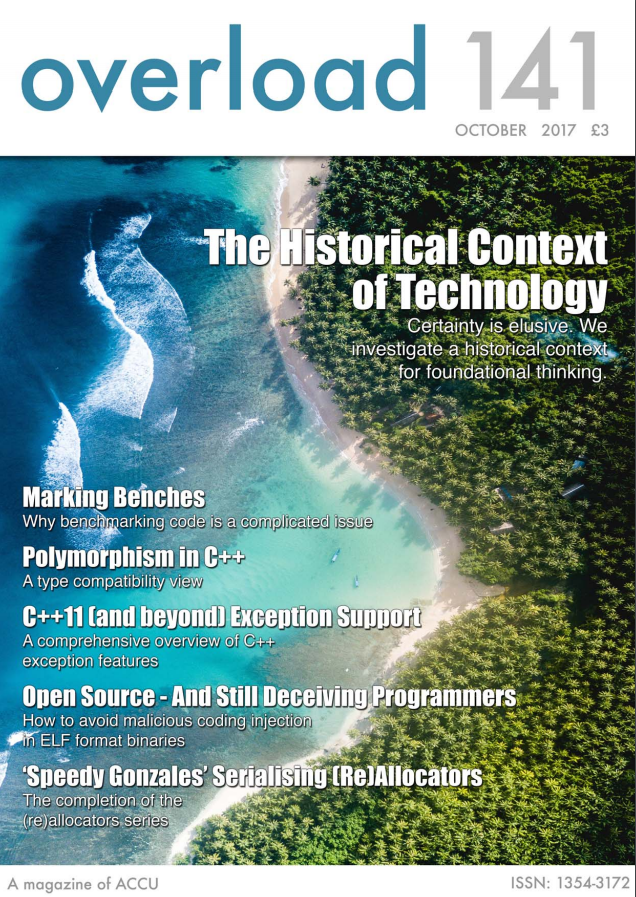Common C++ Modules TS Misconceptions -- Boris Kolpackov

Common C++ Modules TS Misconceptions
by Boris Kolpackov
From the article:
It has become fashionable to criticize C++ Modules TS. My problem with this bandwagon criticism is that at best it's based on cursory reading of the specification but more commonly on just hearing others' knee-jerk reactions. Oftentimes the criticizing post cannot even get the terminology right. So in this article I would like to refute the most common Modules TS misconceptions...
- I cannot have everything in a single file
- I cannot export macros from modules
- I cannot modularize existing code without touching it
- No build system will be able to support modules



